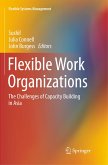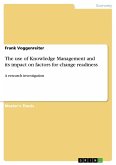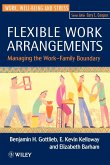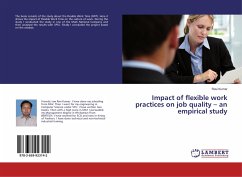Flexible Work Arrangements (FWAs) are designed to provide employees with some level of control over when and where they work outside of the standard workday. FWAs have been linked to positive outcomes such as lower work-family conflict and increased work-family balance as well as reduced healthcare costs and turnover; but, little is known about why employees use FWAs. Data revealed several predictors of FWAs. Individuals with longer tenure, who had supervisory responsibilities and had a coworker who used FWAs, were more likely to use the programs. Individuals with stronger coworker support and who worked more hours per week were less likely to use FWAs. Including flexible schedules as a work option can be used as a tool to help organizations increase the commitment and satisfaction of their employees as it allows them to make their time away from work more productive. Organizations should consider all requests for flexible schedules and work with each employee to achieve a solution that will aid them in balancing their lives more efficiently while still allowing the organization to achieve its goals.
Bitte wählen Sie Ihr Anliegen aus.
Rechnungen
Retourenschein anfordern
Bestellstatus
Storno








